As a filmmaker, your imagination knows no bounds—every frame is a canvas waiting to be painted with your unique vision. Yet, lurking behind the bright lights and vibrant scenes are legal complexities that can turn your dream project into a legal nightmare. From copyright concerns to contract disputes, navigating the murky waters of film law can feel daunting. But fear not! In this blog post, we’ll break down common legal roadblocks filmmakers face and equip you with essential strategies to safeguard your creative vision.
Whether you’re an indie darling or an aspiring blockbuster mogul, understanding these vital aspects will help ensure that your story unfolds just as you envisioned—without any unwanted surprises. Ready to roll? Let’s dive in.
Copyright and Intellectual Property Issues
One of filmmaking’s most significant legal challenges is dealing with copyright and intellectual property (IP). A film combines many creative elements, including the script, music, actors’ performances, and visual style. Protecting these creative works through copyright ensures filmmakers and other contributors retain control over their work. For screenwriters, this means ensuring their scripts are appropriately copyrighted before being shared or sold. For filmmakers, it involves securing the rights to any pre-existing material used in the film, like music, books, or trademarks. Without proper IP protection, anyone could copy or distribute parts of the movie without permission, potentially losing revenue and creative control.
Contract Disputes

So, did jodie foster give birth to both her sons before signing her contracts? And what about those who breached their contracts before the filming even started? Are they free from disputes? Contracts are the backbone of any film project, but misunderstandings or poorly negotiated agreements can lead to significant legal issues. Clear, comprehensive contracts are crucial to protect all parties involved, whether it’s an actor’s contract, a director’s deal, or an agreement with a production company. Common contract disputes in the film industry include disagreements over compensation, intellectual property rights, credit allocation, and the distribution of profits. Filmmakers must ensure that all terms are agreed upon in writing to avoid future litigation. Without solid contracts, producers risk facing lawsuits that could delay production or cost them millions of dollars in damages.
Talent Agreements and Union Rules
Actors, directors, and crew members are often represented by unions, such as the Screen Actors Guild (SAG-AFTRA) or the Directors Guild of America (DGA). These unions have strict guidelines and contracts that filmmakers must follow, especially in larger productions. Filmmakers must navigate these agreements carefully to avoid disputes over pay, working conditions, or contract violations. For example, unionized actors are entitled to specific wages, benefits, and work hours, and failing to meet these standards can result in legal penalties or labor strikes that can halt production. Ensuring that everyone involved in the film understands and adheres to union regulations is crucial to the legal process.
Distribution Rights and Licensing
Once the film is complete, filmmakers must secure distribution rights to get it in front of audiences through theaters, television, or streaming platforms. Distribution agreements often involve negotiations over licensing rights, revenue splits, and territories (i.e., where and how the film can be shown). Filmmakers must carefully navigate these agreements to avoid legal conflicts down the line. For example, if a film’s distribution rights aren’t properly licensed, the filmmaker might lose control of where and how the movie is shown. Similarly, licensing agreements with streaming platforms or international distributors must clearly define the terms to prevent disputes over revenue or the film’s availability in certain regions.
Film Ratings and Censorship

Film ratings and censorship are other legal challenges filmmakers must navigate. In many countries, films must be submitted for classification by a rating board (such as the Motion Picture Association in the U.S.) before being released. The rating system helps ensure that films are appropriate for specific audiences, but it can also present challenges for filmmakers who want to retain creative control. Sometimes, films are altered or censored to comply with ratings or legal requirements in different regions. Filmmakers must be aware of the cultural and legal norms of the regions where their films will be shown to avoid unnecessary edits or restrictions.
Defamation and Privacy Issues
Filmmakers face potential legal issues concerning defamation and privacy, particularly in biographical or documentary films. If a movie portrays real people or events, there’s always the risk of legal action for libel, especially if the film presents false or damaging information. Privacy concerns can arise if a movie uses real-life individuals or events without permission or invades someone’s personal privacy. To avoid such issues, filmmakers need to ensure they have the necessary releases and permissions from anyone featured in the film, and they should be mindful of the legal boundaries when telling real-life stories. Consulting with a legal team during the scriptwriting process can help prevent defamation and privacy issues from arising.
The legal challenges in the film industry are numerous and varied, but they’re also essential to ensuring that films are made, distributed, and consumed pretty and legally. From securing copyright and intellectual property rights to navigating talent agreements and distribution deals, filmmakers need to understand the legal landscape at every step of the filmmaking process. By addressing these challenges head-on and consulting with legal professionals, filmmakers can protect their creative work, avoid disputes, and keep their projects moving forward.
…








 The first and most crucial step after any accident is to seek immediate medical attention, even if you believe your injuries are minor. Not only is this vital for your health and well-being, but medical documentation is also critical evidence in any legal claim. Ensure all injuries are thoroughly documented, and follow your doctor’s treatment plan to avoid any disputes about the extent of your injuries later on.
The first and most crucial step after any accident is to seek immediate medical attention, even if you believe your injuries are minor. Not only is this vital for your health and well-being, but medical documentation is also critical evidence in any legal claim. Ensure all injuries are thoroughly documented, and follow your doctor’s treatment plan to avoid any disputes about the extent of your injuries later on. Be aware of the statute of limitations for filing a personal injury
Be aware of the statute of limitations for filing a personal injury 


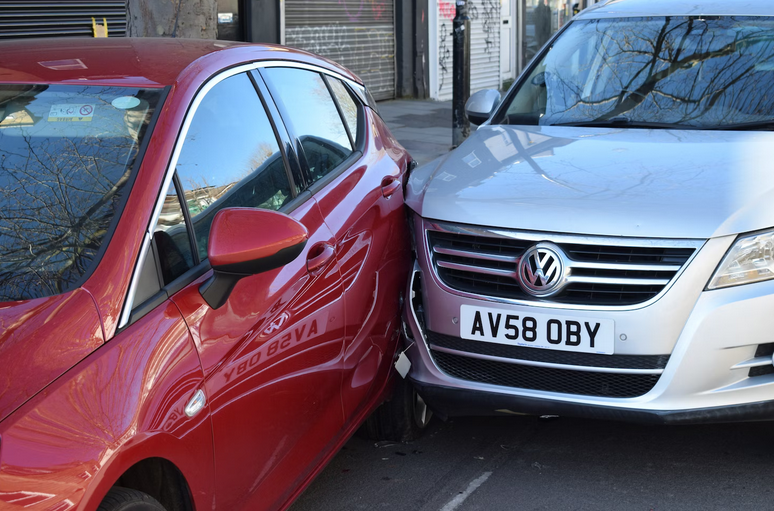




 The first step in incorporating your business is to register the company name with the state. This can be done through the Secretary of State’s office or a similar agency in your state. Once you’ve registered the name, you’ll need to choose a business structure. The most common forms are sole proprietorships, partnerships, limited liability companies (LLCs), and corporations. If you’re not sure which system is right for your business, you should speak with an attorney or accountant.
The first step in incorporating your business is to register the company name with the state. This can be done through the Secretary of State’s office or a similar agency in your state. Once you’ve registered the name, you’ll need to choose a business structure. The most common forms are sole proprietorships, partnerships, limited liability companies (LLCs), and corporations. If you’re not sure which system is right for your business, you should speak with an attorney or accountant. The fourth step is to obtain business insurance. This will protect your business in case of any accidents or lawsuits. There are many different types of business insurance, so be sure to speak with an insurance agent to determine which type is right for your business. If someone you know who has a business recommends a particular type of insurance, that’s a good place to start. This can save you some time and research. This way, you can also ensure that you get the best business coverage.
The fourth step is to obtain business insurance. This will protect your business in case of any accidents or lawsuits. There are many different types of business insurance, so be sure to speak with an insurance agent to determine which type is right for your business. If someone you know who has a business recommends a particular type of insurance, that’s a good place to start. This can save you some time and research. This way, you can also ensure that you get the best business coverage.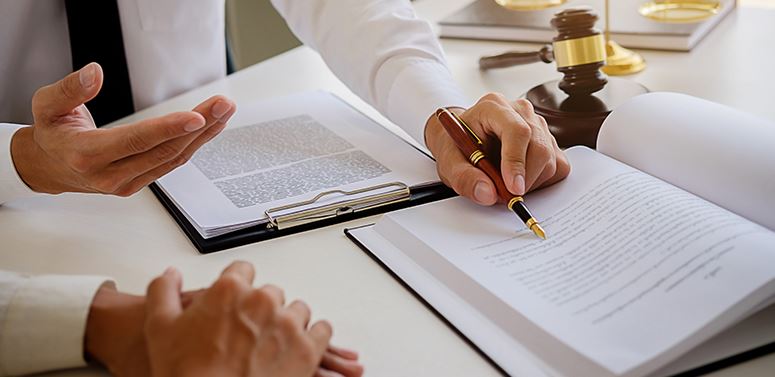
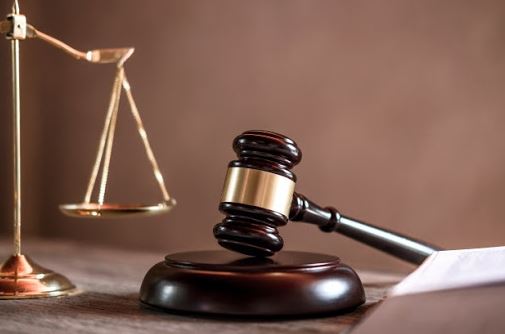 Achievement of the goal. Delay the consideration of another case or defend against a possible claim; create a prejudicial fact – to establish circumstances that will not require proof in a new process. Lawsuits are used to report to the tax office – to confirm losses. Evidence cannot be obtained out of court, and the purpose of the process is to obtain it through a court request. So, in one case, through such inquiries, we received information about the vehicles of the debtor, and when it came to enforcement proceedings, we did not waste time searching for property. Lawsuits are started for “black” or “white” PR. This is only part of the goals that are pursued by filing an application to the court.
Achievement of the goal. Delay the consideration of another case or defend against a possible claim; create a prejudicial fact – to establish circumstances that will not require proof in a new process. Lawsuits are used to report to the tax office – to confirm losses. Evidence cannot be obtained out of court, and the purpose of the process is to obtain it through a court request. So, in one case, through such inquiries, we received information about the vehicles of the debtor, and when it came to enforcement proceedings, we did not waste time searching for property. Lawsuits are started for “black” or “white” PR. This is only part of the goals that are pursued by filing an application to the court.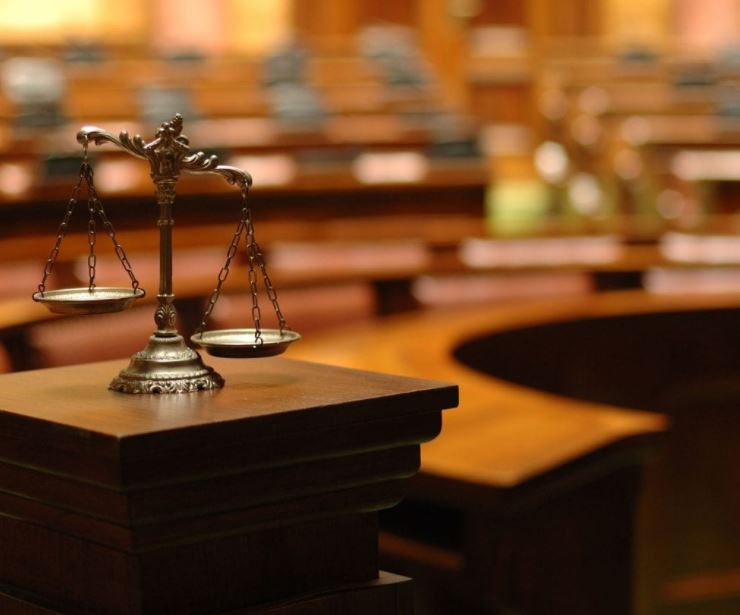 Terms of consideration of the case. For an objective picture, it is worth considering: (a) the time to
Terms of consideration of the case. For an objective picture, it is worth considering: (a) the time to 

 For you to be the best, you will need to specialize in this area. This is informed by the fact that, there are may entertainment lawyers out there practicing in this particular area. The formative years of you leaving law school will be spent gaining and developing the required experience, so that you have the ability and expertise to meet the demands of representing an entertainer, who may require you to represent him/ her in some instances.
For you to be the best, you will need to specialize in this area. This is informed by the fact that, there are may entertainment lawyers out there practicing in this particular area. The formative years of you leaving law school will be spent gaining and developing the required experience, so that you have the ability and expertise to meet the demands of representing an entertainer, who may require you to represent him/ her in some instances.

 a bone fracture or anything that requires the victim to get admitted to a hospital
a bone fracture or anything that requires the victim to get admitted to a hospital


 You will realize that some of the issues that arise in the construction site are not very serious. Moreover, most construction issues can be amicably resolved by expert determination. In this case, you might consider addressing these issues outside the chambers. As such, a good barrister should be in a position of advising you before making your decision. Ideally, if the case can be addressed outside court, he/she should be in a position of linking you to specialists that offer alternative forms of disputes.
You will realize that some of the issues that arise in the construction site are not very serious. Moreover, most construction issues can be amicably resolved by expert determination. In this case, you might consider addressing these issues outside the chambers. As such, a good barrister should be in a position of advising you before making your decision. Ideally, if the case can be addressed outside court, he/she should be in a position of linking you to specialists that offer alternative forms of disputes.
 Definitely. Your well-being always remains your top priority. In some cases, it’s quite obvious that you need medical treatment. If you were suffering from serious injuries that arose from a serious accident, you need to go for a checkup at the hospital. However, if your injuries do not fall under the category severe, yet your body feels sore, what next?
Definitely. Your well-being always remains your top priority. In some cases, it’s quite obvious that you need medical treatment. If you were suffering from serious injuries that arose from a serious accident, you need to go for a checkup at the hospital. However, if your injuries do not fall under the category severe, yet your body feels sore, what next?

 If the lawyer is not aware of the different aspects of your case, then he cannot perform its job efficiently. But bankruptcy attorneys Lawrenceville, GA are completely specialized and experienced. As such, they can understand your needs easily. Expert lawyers always try to win the case with adequate justification about the court and he takes the step against another party. The bankruptcy lawyers are pertinent for giving you right suggestions about these concerns. They are professional so you can rely on their advice easily.
If the lawyer is not aware of the different aspects of your case, then he cannot perform its job efficiently. But bankruptcy attorneys Lawrenceville, GA are completely specialized and experienced. As such, they can understand your needs easily. Expert lawyers always try to win the case with adequate justification about the court and he takes the step against another party. The bankruptcy lawyers are pertinent for giving you right suggestions about these concerns. They are professional so you can rely on their advice easily.

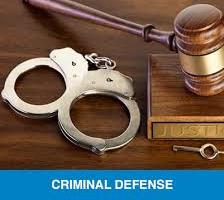

 Distribution
Distribution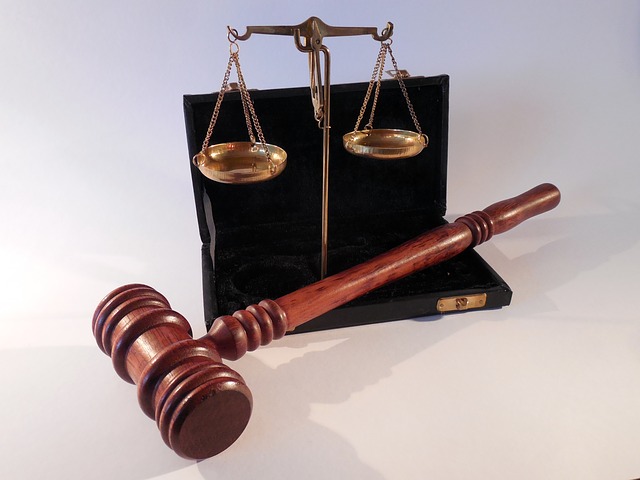
 These include;
These include;